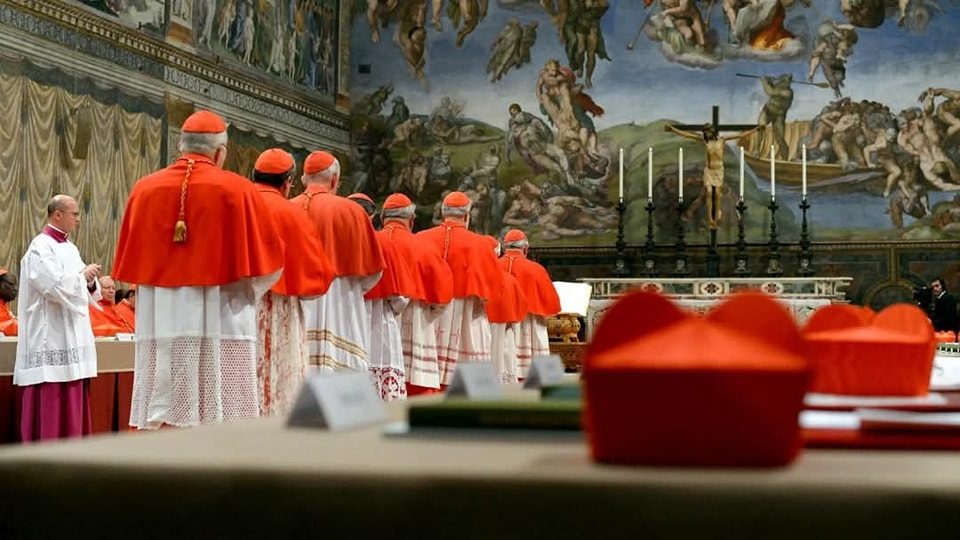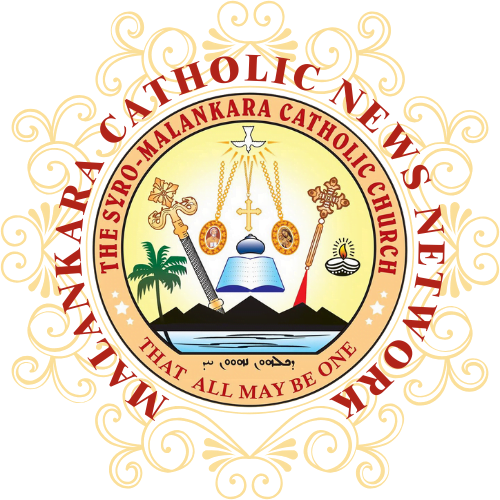Who May Elect the Pope: A College Reflecting the Catholicity of the Church
Vatican City – 28 April 2025
Only cardinals under the age of 80 may cast a vote for the new Pope. Of the 135 eligible cardinal electors, nearly four out of five were appointed by Pope Francis himself—a striking testament to the missionary spirit he breathed into the Church during his twelve-year pontificate.
This conclave promises to be among the most diverse in history. Cardinals hail from nations that had never before seen a red biretta among their faithful: Mongolia, Laos, Papua New Guinea, Mali, and more.
It is a visible sign of the Church’s catholicity—her universality—not a mere diplomatic strategy, but the very lifeblood of a Church founded by Christ to be “a light to the nations.”
The conclave follows a solemn rhythm, woven through centuries of tradition and codified most recently by Pope St. John Paul II in Universi Dominici Gregis.
Each day, the cardinal electors will cast their votes in two sessions—morning and afternoon. Each ballot carries the sacred phrase Eligo in Summum Pontificem—“I elect as Supreme Pontiff…”
If no candidate achieves the two-thirds majority required, black smoke—fumata nera—will rise above the Sistine Chapel. If a Pope is elected, white smoke—fumata bianca—will announce the joyful news to the world.
Thereafter, the chosen one will don the white cassock, receive the Ring of the Fisherman, and step onto the Loggia of Blessings to offer his first Urbi et Orbi blessing, greeting the City and the World with hands lifted in benediction.
It is a process not of political calculation, but of spiritual attentiveness—the Church pausing, listening, and waiting upon the Spirit.
The Camerlengo and His Stewards: Guardians of the Church’s Temporal Goods
Vatican City – 28 April 2025
During the sede vacante—the period when the Apostolic See is vacant—the spiritual governance of the Church awaits the new Pope. Meanwhile, its temporal governance rests with the Camerlengo.
Cardinal Kevin Farrell, born in Dublin and later a naturalised American citizen, fulfils this vital role. His responsibility is to oversee the Vatican’s material goods and safeguard its legal rights.
Assisting him are three cardinals elected during the General Congregations: Cardinal Reinhard Marx, Cardinal Luis Antonio Tagle, and Cardinal Dominique Mamberti. Together, they ensure that while the Church awaits her new shepherd, her worldly affairs are conducted with integrity and order—quiet guardianship behind closed doors.
In their careful stewardship, we see a reflection of the Church’s wisdom: even as she prays for her soul, she tends dutifully to her body.
General Congregations: The Church’s Prayerful Vigil Before the Conclave
Vatican City – 28 April 2025
Since the funeral of His Holiness Pope Francis on 26 April, the College of Cardinals has convened daily in General Congregations—private sessions closed to public view—to reflect on the future of the Church.
The Vatican Press Office reports that more than 180 cardinals have arrived in Rome, with just over 100 eligible to vote. Of the 135 cardinal electors under the age of 80, some will not be participating: Cardinal Antonio Cañizares Llovera, citing health reasons, and Cardinal Giovanni Angelo Becciu, who has voluntarily withdrawn amidst past controversies.
The General Congregations have discussed the challenges confronting the Church and the qualities necessary in the man who will bear the Cross of Peter. Meanwhile, the Sistine Chapel has been sealed to visitors and equipped with countermeasures to safeguard the sacred secrecy of the conclave.
Before the conclave begins, the Mass Pro Eligendo Papa will be celebrated—a plea to the Holy Spirit for guidance. Then, with the words “Extra Omnes,” the doors will be closed, and the silence of discernment will descend.
Conclave to Elect New Pope to Begin on 7 May, Announces Holy See
Vatican City – 28 April 2025

The Holy See Press Office confirmed today that the sacred Conclave to elect the successor of His Holiness Pope Francis will commence on 7 May 2025. The decision was made during the fifth General Congregation of the College of Cardinals, convened this morning within the walls of Vatican City.
As the bells of St. Peter’s Basilica toll in mourning, the Church turns now towards hope: the prayerful task of discerning the 267th Bishop of Rome who will shepherd the 1.4 billion Catholics across the world. In the Sistine Chapel, under the gaze of Michelangelo’s Last Judgement, the cardinal electors will gather—princes of the Church, yet servants above all—to seek not their will, but the will of God.
The days ahead promise to be ones of solemnity, vigilance, and grace.

